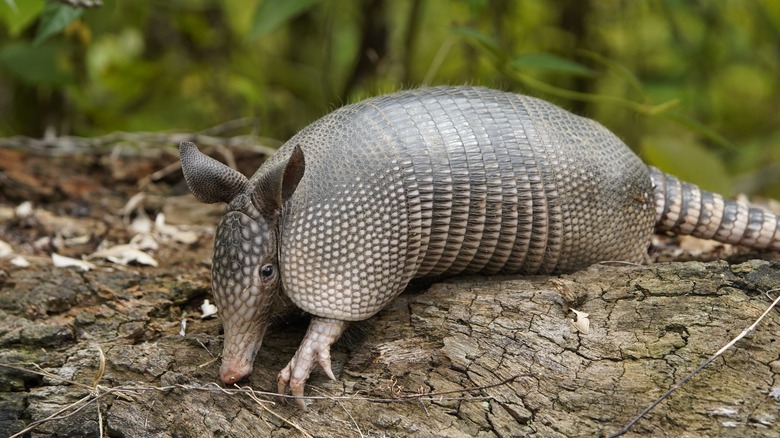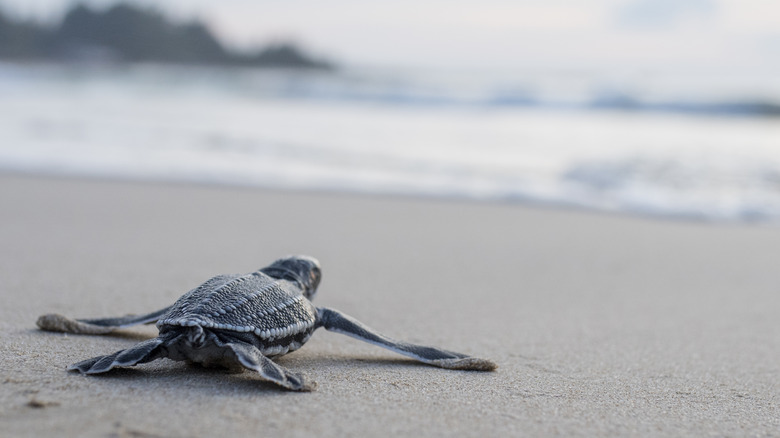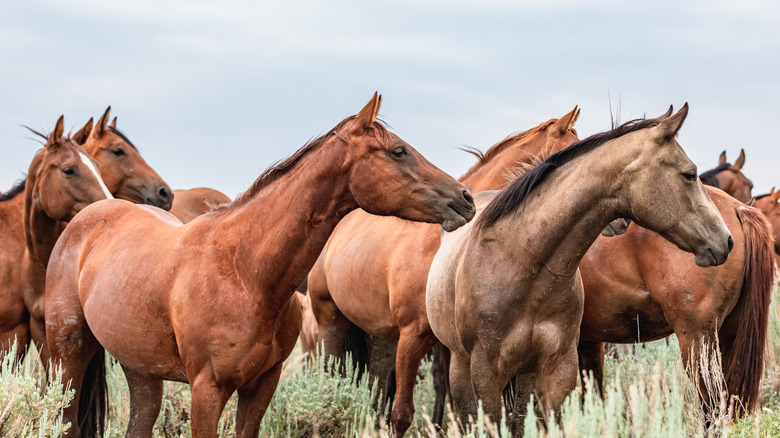More than 100 feral horses roam the island
Cue the Rolling Stones, because up to 150 wild beach horses are galloping and grazing across Cumberland Island, which is home to the Atlantic Coast’s only herd of non-managed feral horses. That means that they have no access to food, water, or veterinary care: They go it alone.
It wasn’t always that way. Cumberland’s horses are believed to be descended from livestock transported by the Spanish in the 1500s, though the earliest written account documents “fifty to sixty horses in a corral within the fort” during a 1742 battle between the Spanish and the English over Fort St. Andrews on the northern end of the island, according to the National Park Service. Over the centuries, domesticated horses were used for transport, work, and recreation in a variety of settings, but by the time the island was established as a national park in the 1970s, the horses had become feral — wild horses who were once domesticated.
Today, the horses roam across the island, including on roads, trails, and near the ruins of the Dungeness Estate once inhabited by the wealthy Carnegie family. It’s been about 50 years since any horse has answered to a human, so visitors can look, but they definitely cannot touch, or even approach, the herds.
Armadillos are everywhere

Here’s another Cumberland resident that might make you wonder if you had taken a wrong turn and accidentally wound up in Wyoming: The nine-banded armadillo. While native to the West, armadillos have been slowly crawling eastward and northward starting in the 1850s, and can now be found as far north as Virginia. The scaly little scoundrel lined by nine “bands” may initially seem like a desert reptile, but it is actually a mammal that ended up on Cumberland Island because it is a skilled swimmer that can hold its breath for up to six minutes. The fact that they can barely see makes it all the more impressive that they made it to this remote island — and continue their expanding trek across North America.
Visitors to Cumberland Island can take a walk in the island’s maritime forests if they want to see the “little armored ones” using their famously long snouts to forage among the leaves for ants, beetles, and grasshoppers. Armadillos are primarily nocturnal, but they are often seen during the day in the cooler winter months. Again, visitors are advised to keep their distance. When frightened, the armadillo will likely jump three feet in the air.
More than 1000 sea turtle nests lie along the sand dunes

Riza Azhari/Getty Images
The island’s nearly 18 miles of mature sand dunes help protect a number of unique marine plants and wildlife. One of its best-known and beloved are its many loggerhead sea turtles, who account for up to 30 percent of Georgia’s statewide total. In 2023, 1082 nests were recorded, according to the Seaturtle.org database. While loggerheads are the primary species of sea turtle nesting on Cumberland Island, green turtles and leatherback sea turtles also nest along the beaches.
Visit from May to September to witness nesting season, when female turtles set up nests of about 100 eggs along the beach. Sadly, predators and occasional tidal washovers mean that, in general, only about 70 percent of eggs successfully hatch. The ones that make it scramble across the beach to the sea, a truly delightful sight you might catch during a summer stroll. Sea turtles are truly a testament to the “survival of the fittest” theory. Though they are threatened by constant predators and abandoned by their mother at birth, sea turtles have been around since the time of the dinosaurs, and many live to be 50 or 60 years old.

